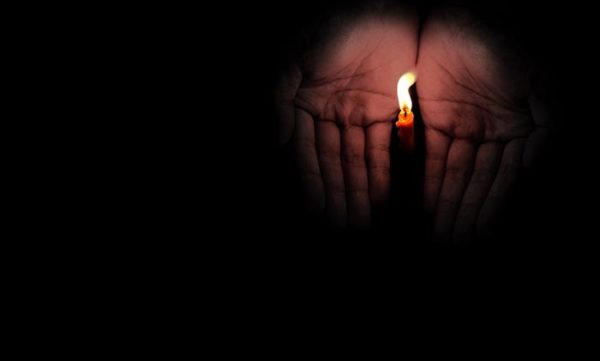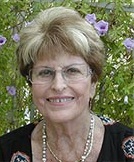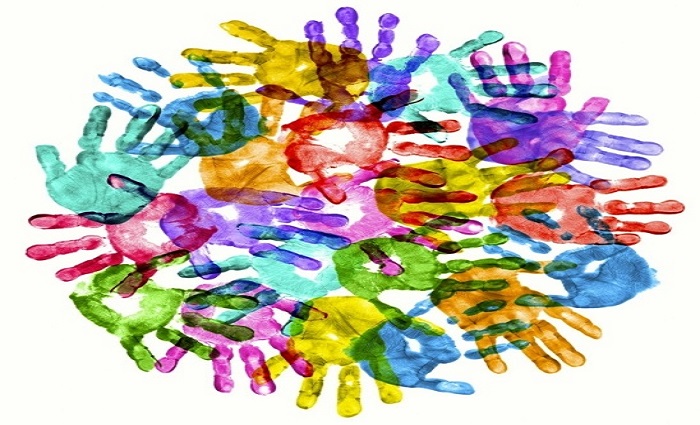International migration continues to grow on a scale never seen before, bringing with it social and cultural diversity, and inequalities in living standards. At the same time, the world has seen a sharp rise in terrorism, threats of war, populist politics and significant lack of confidence in leadership. But can the arts build on its foundation of “universal language” and actually bring cultures closer together?
Survey after survey in recent years have pointed to the significant connections between strong academic achievement and arts learning.
Professor Ada Aharoni, who lives in Israel and is the founding President of the International Forum for the Literature and Culture of Peace (IFLAC), believes that education has a critical role to play in the peace process. Intercultural communication, peace literature and a peace media can substantially help in healing the urgent ailments of our global village. However, Aharoni notes, “Peace and tolerance education should be given to the teachers and the parents too. If a child goes back home after class to parents that are intolerant and violent, the child, despite his peace and tolerance education at school, will be forcefully influenced by the values, customs and traditions of his parents.” Today’s youth are living in a globalized world, and a true global citizen according to Aharoni is, “a human guardian of all the people in our global village, and not only of the country she or he lives in.”
Professor Ada Aharoni received the President Shimon Peres Award for Peace in 2012 for her peace research, her books and her work with IFLAC. She was nominated for the Nobel Peace Prize 2014.
Ada, in your opinion, what does it mean to be a true ‘global citizen’?
A true global citizen, in my view, is a human guardian of all the people in our global village, and not only of the country she or he lives in.

Many claim that without conflict and competition there is no advancement. If the world were completely at peace, could we develop or would the world be at a complete stand-still when it comes to new discoveries/ revolutions?
When the world one day will be completely at peace, after having thrown out of our lives, of our planet and of our dictionaries, the destructive concept and practice of war – we would develop our creativity and all our abilities at a fruitful rate the world has never seen before.
You grew up learning about other cultures. In today’s age, classrooms are becoming more diverse than ever yet people are afraid of certain cultures and religions. Do you believe that peace begins in a classroom? How important is the role of education in nurturing tolerance?
Education is the most important element in developing, nurturing and propagating peacemaking, conflict resolution, tolerance and harmony. However, Peace and Tolerance education should be given to the teachers and the parents too. If a child goes back home after class to parents that are intolerant and violent, the child, despite his peace and tolerance education at school, will be forcefully influenced by the values, customs and traditions of his parents.

“International cooperation can develop, strengthen and empower people to be both loyal global citizens and loyal patriots at the same time.” — Ada Aharoni
Are ‘patriot’ and ‘global citizen’ mutually exclusive terms? Can someone love and want the best for their country while also advocating for international cooperation?
A “global citizen” can, and should, also be a loyal patriot to his own country. International cooperation can develop, strengthen and empower people to be both loyal global citizens and loyal patriots at the same time.
Your movie talks about government accountability and the falsifying of history, especially when it comes to the origins of Jews in Israel. In what way do you see younger generations demanding accountability and transparency from their world leaders? Do you think politics are becoming more or less accessible to people?
I am glad you watched my movie: The Pomegranate of Reconciliation and Honor, and understood it so well. However, it is not the falsifying of history, but ignoring the history and the uprooting of more than half the citizens of Israel – the Sephardi citizens who were thrown out or escaped from the Arab countries, after the establishment of the State of Israel in 1948.
This history is so important as it can promote the Reconciliation between the Palestinians and Israelis. When the Palestinians realize that they are not the only victims of the Arab-Israeli Conflict, it gives them back their “honor” and they become open to a reconciliation.
The Ministry of Education in Israel should teach in schools – both in Jewish and Arab schools – the History and the Uprooting of the Jews from Arab countries, and its importance as a major element to Peace Making and Reconciliation. This history, of half the citizens in Israel, should be learned and practiced also by all the leaders on both the Israeli and Palestinian sides.
In today’s volatile, uncertain world, can literature and the arts truly bring about change? What has your experience with your own work taught you?
Yes, I believe that words, communication, literature and the arts can promote peace, tolerance and harmony, and bring about a change. Our work at IFLAC has shown us this again and again. For instance, I received many enthusiastic letters and messages from Palestinians who watched my film, The Pomegranate of Reconciliation and Honor, on YouTube, and wrote that the movie had instilled hope of peace in them and had given them back their honor as Palestinians.
For the Silo, David Wine/CMRubinWorld. Featured image via news.ucsb.edu.
